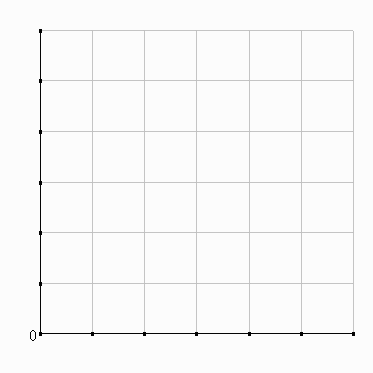US electricity market
1: free-market
2: domestic efficiency
3: global efficiency

|
March 26, 2012 |
II. Efficient policymaking in global markets
B. Trade and the environment
Lesson in Econ.101:
In well-functioning competitive markets, government intervention creates
inefficiency
True in a global economy too
And in a global economy, true for trade policies as well as
domestic policies
A global economy does enhance the impact of domestic policies
And domestic policies are in general better than trade
policies for domestic policy goals
But as in Econ101, we don't always
have well-functioning competitive markets
That's what we turn to now
What do we do in cases of market failure?
--externalities
--market power
These come up in lots of
ways--we'll focus on 2:
trade and the environment
trade and market power
As always, we'll highlight how economic analysis often yields results that differ from what is popularly thought.
Externalities: The effects of people's actions on bystanders (third parties)
Basic distinction:
Global externalities
spill over to other countries
Ex: Global
warming
Domestic externalities do
not
Ex: Air
pollution in Mexico City
We'll consider each in turn
1. Global externalities
|
Ex: global warming US electricity market
1: free-market |
 |
Global externalities require a global response
Ex: the Kyoto protocol for global warming
But if economic activity causes global external costs, then countries that do not participate in the global response are free riders
Note: according to economic theory, voluntary measures are not sufficient to achieve efficiency in cases of externalities
2. Domestic externalities
Ex: Air pollution in Mexico City
Pollution that does not spill over to other countries
With externalities, we have 3 groups to keep track of:
1. consumers
2. producers
3. bystanders (third parties affected
by externalities that do not get internalized)
Economic analysis of trade and the
environment
worksheet
(SMC in this case results from producers taking steps to
produce their output in a pollution-free way)
Result 1: Countries with efficient environmental regulations gain from free trade.
Result 2: Countries without
efficient environmental regulations might gain or lose from free trade.
In diagram: A = net gain from diverting existing output that
sells for more abroad than it is worth at home
B = net loss due to SMC > Pf on extra production
+A -B = net change in social welfare
Lesson: being part of the global economy is no excuse for failing to protect your environment.
Firms do look for ways to cut costs, so the
risk of pressure to reduce environmental standards is genuine--but government
must resist the pressure to achieve an efficient result
Labor: the private market supply of labor already reflects
its opportunity cost, so no intervention is needed to make market adjustments
efficient
Polluting products: the private market underestimates costs,
so governments must use policies to get the pollution damage internalized.
Effective government is necessary to protect social welfare
Empirically, environmental costs are minor (about 1/4% of
value added on average)